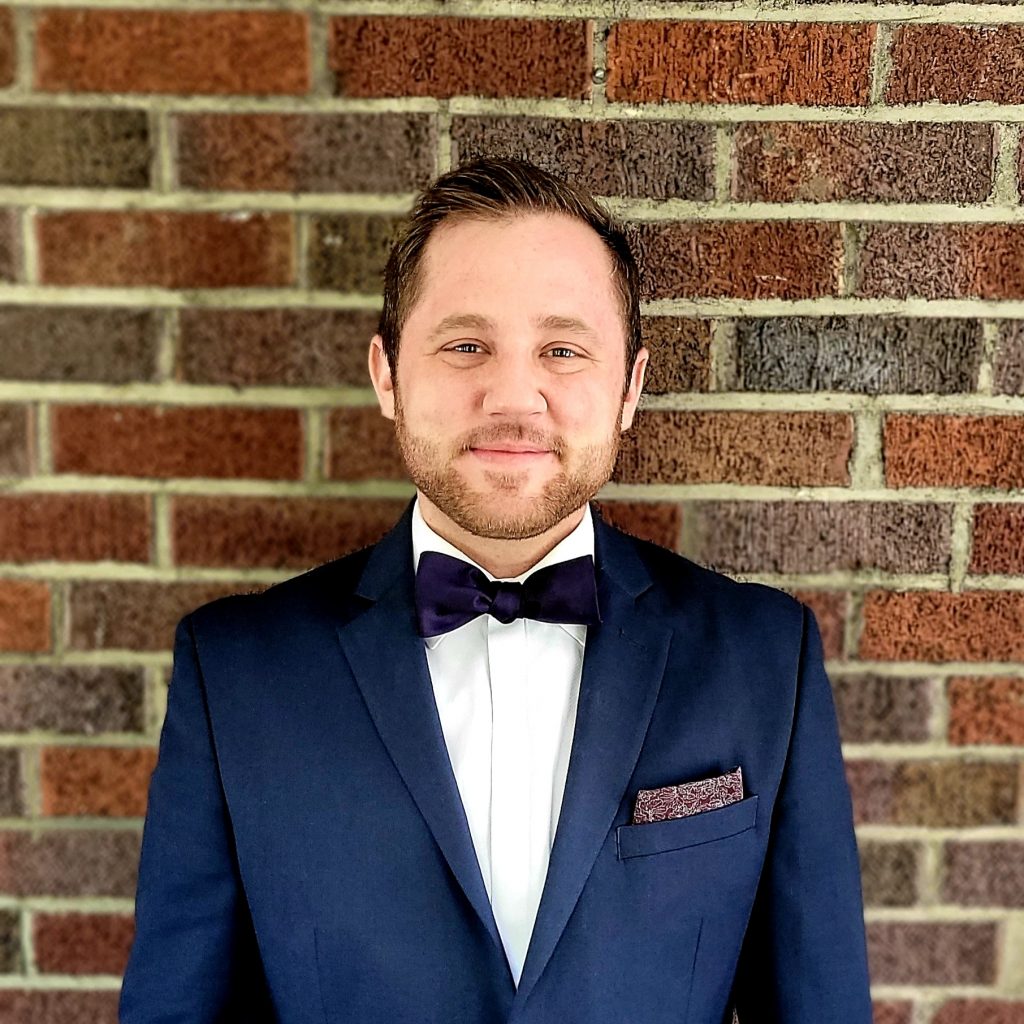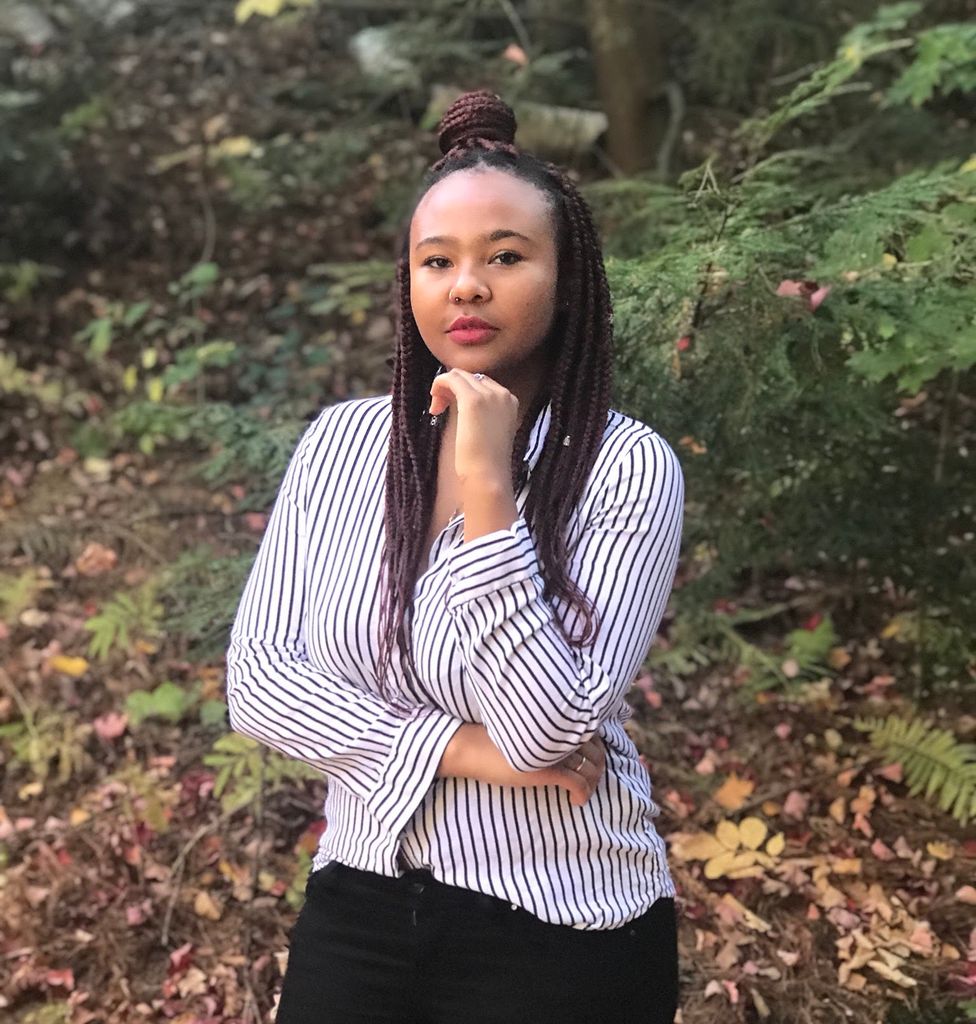Students Named 2022 Rappaport Public Policy Fellows.
Students Named 2022 Rappaport Public Policy Fellows
Throughout the summer fellowship, doctoral candidate Hill Wolfe and second-year MPH student Bukiwe Sihlongonyane will work with public officials to address key policy issues in Boston.
Two School of Public Health students have been named 2022 Rappaport Public Policy Fellows for Harvard University’s Rappaport Institute for Greater Boston. Throughout the 10-week summer fellowship, doctoral candidate Hill Wolfe and second-year MPH student Bukiwe Sihlongonyane will work with state and local agencies to learn how public policy is created and implemented, and help public officials address key policy issues.

Wolfe will be working at the City of Boston’s Office of Veterans Services to enhance the outreach capabilities for the Statewide Advocacy for Veterans’ Empowerment (SAVE) Program. The program works to connect veterans across the state of Massachusetts with peers to help access benefits, services, and other social supports, and support their overall mental health.
Working under Commissioner Robert Santiago, Wolfe plans to help expand the reach of the program beyond veteran-specific organizations to include a range of institutions across the Greater Boston area, including community and neighborhood centers, shelters, places of worship, community colleges, and trade schools. By doing so, he hopes to connect veterans—especially underrepresented veterans and those who may not feel comfortable in veteran-centered spaces—with SAVE and the essential services and resources that the program offers.
“For those who have never accessed veterans benefits or other veteran-related resources, the process can be incredibly intimidating, especially for those who don’t feel like they identify with the veteran community in the first place,” says Wolfe, who is studying health services research at SPH and is a US Navy veteran himself. “A lot of what I do as a public health professional is fueled by my experience as a veteran, and although there is a lot of comradery within the veteran community, reaching out and finding services or care can be really difficult.
“I hope to help make this process easier because our veterans face a myriad of social and health challenges, including increased rates of homelessness, incarceration, and substance use, and do not often get the help or resources that they need and deserve for their time in the service.”

Sihlongonyane will complete her fellowship at the Boston Public Health Commission (BPHC), where she will work closely with members of the BPHC leadership team to evaluate the effectiveness of emergency policy interventions in Boston during the COVID-19 pandemic.
She hopes to document lessons learned from these interventions to inform a centralized framework for shaping and improving city-wide policy responses to future pandemics and public health emergencies.
“COVID has exposed so many gaps in our healthcare systems, a glaring one being a lack of integration in our response to emergencies,” says Sihlongonyane, who is pursuing the health policy and law and global health program design, monitoring, and evaluation certificates at SPH. “Without a framework for what to actually do in the face of a wide-spread emergency, our response to COVID has been incredibly disjointed. If the pandemic has taught us anything, it is that we must be prepared for future crises in a meaningful way. A strong health system is one that inherently places an emphasis on preparedness.”
Now in its 22nd year, the Rappaport Public Policy Fellowship is a key component of the Rappaport Institute, a research and policy center housed at the John F. Kennedy School of Government at Harvard. The Institute aims to improve the governance of Greater Boston by strengthening connections among local students, scholars, and civic leaders. Wolfe and Sihlongonyane join a cohort of 18 other fellows, including two other Boston University students, Claudia Diezmartinez and Kimberly Rhoten.